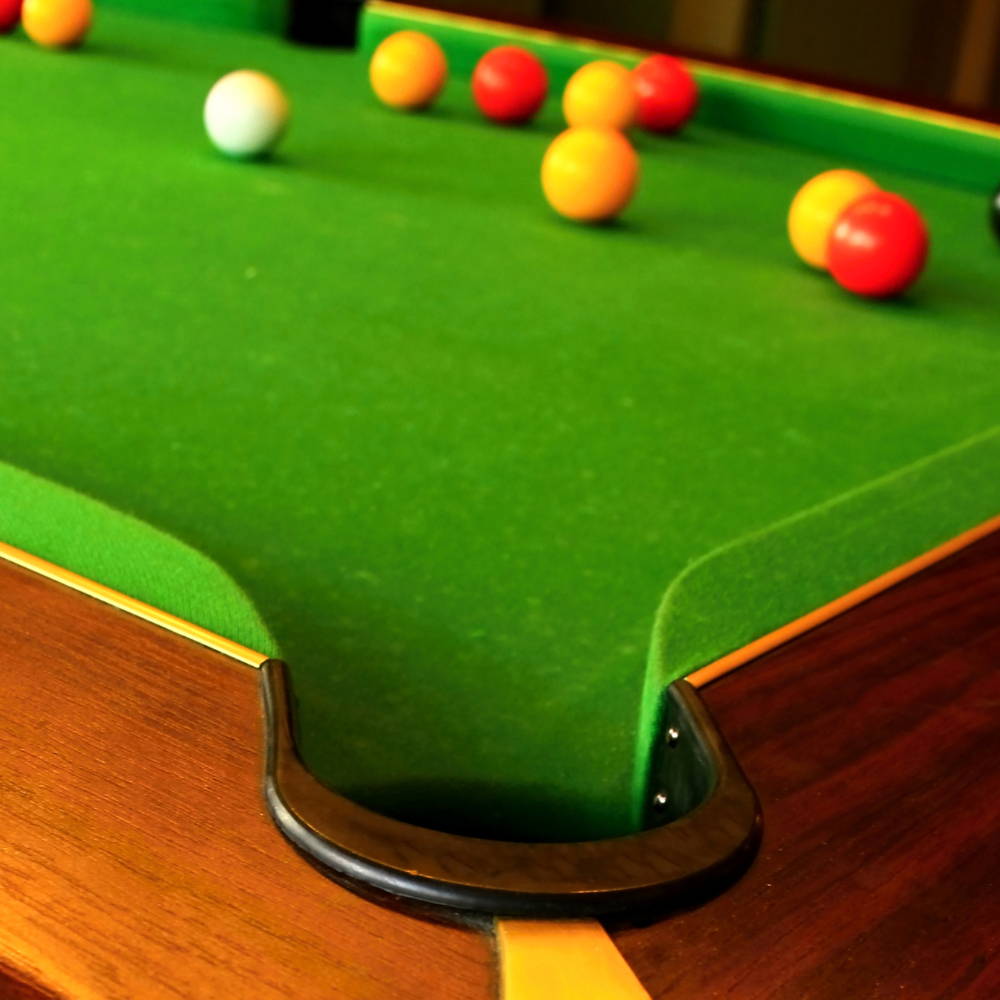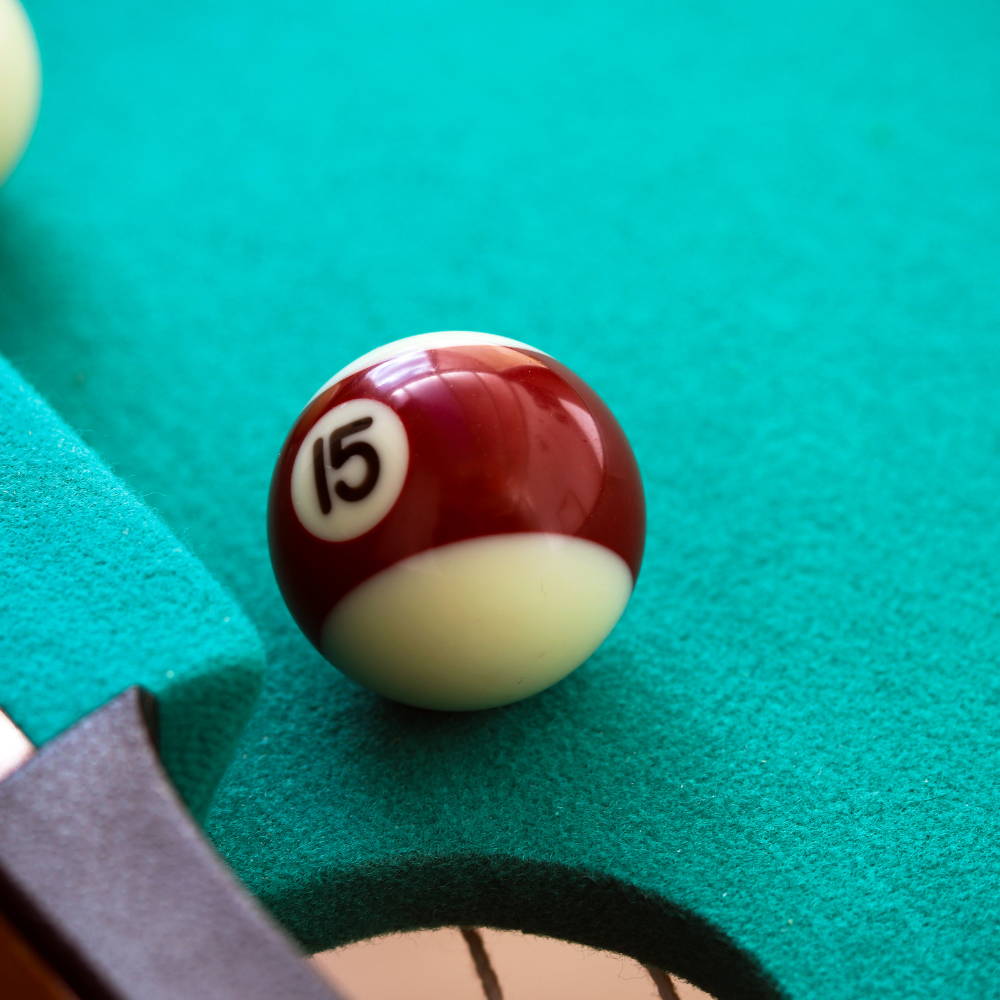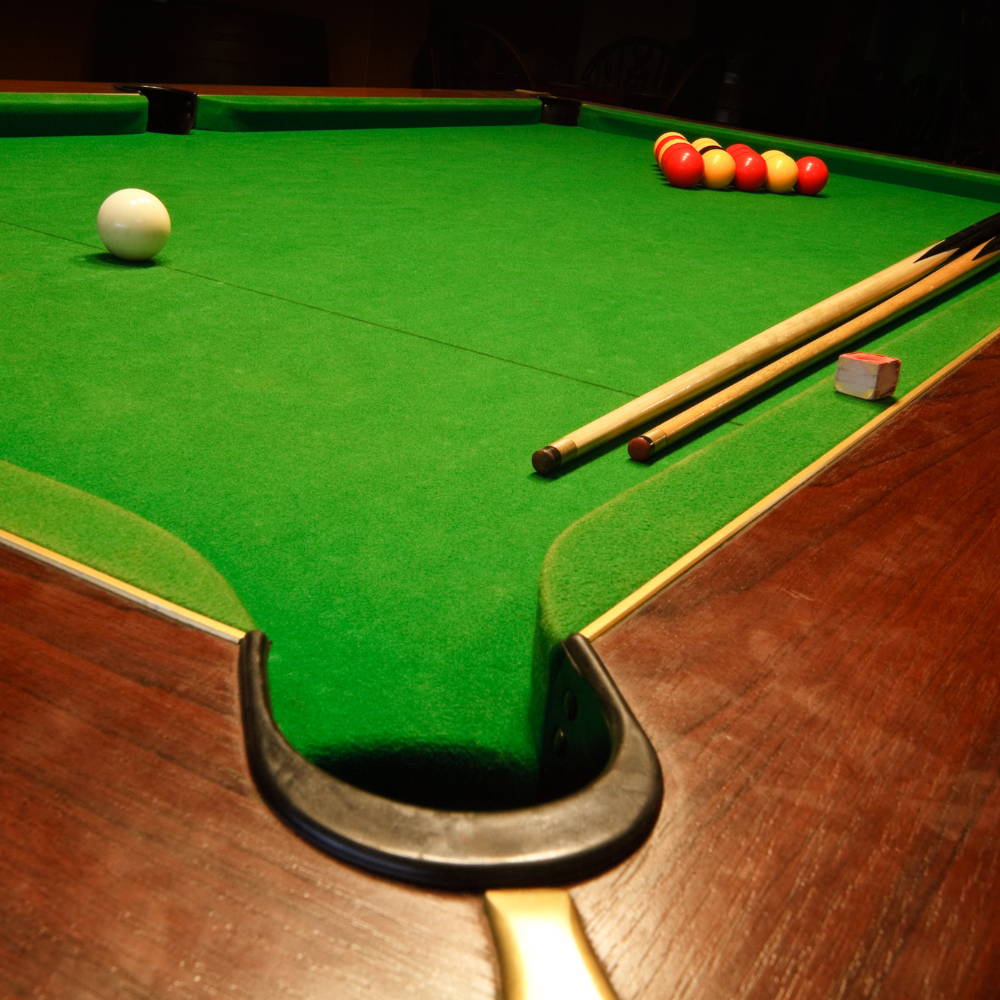Comparing Traditional and Digital Scorekeeping for UK Pool Tables
The British love affair with pool has stood the test of time, evolving through countless innovations and technological advances. One such transition, pivotal in enhancing the playing experience, is the shift from traditional to digital scorekeeping. This article delves deep into the nuances of both methods, comparing their strengths, challenges, and impact on the UK pool scene.
Traditional Scorekeeping: The Heart of Nostalgia
Before the age of digitization, scorekeeping for pool was a manual endeavour, typically involving chalkboards, paper and pencils, or sometimes even mental calculations.

1. Strengths
- Tangible Experience: The tactile feel of writing on a chalkboard or paper adds a rustic charm and a personal touch.
- Simplicity: No reliance on technology means fewer things can go wrong. No need for power sources, software updates, or troubleshooting.
Skill Development: Manual scorekeeping often improves players' arithmetic skills, as they must frequently add, subtract, and keep track mentally.
2. Challenges
- Prone to Errors: Human error is always a possibility. A missed point, a miscalculation, or even accidental erasure can affect the game's outcome.
- Limited Features: Traditional methods only provide scores. There's no easy way to track historical data, player averages, or other advanced metrics.
Digital Scorekeeping: The Future is Here
With the digital revolution transforming all facets of life, the UK pool scene hasn't remained untouched. Modern pool tables are often equipped with digital scorekeeping systems, ranging from basic electronic displays to advanced software integrated with mobile apps.
1. Strengths
- Accuracy: Automated calculations minimize errors, ensuring that scores are always accurate.
- Convenience: Players can focus entirely on the game without the distraction of updating scores manually.
- Advanced Features: Modern systems track more than just scores. They can analyse player performance, store historical data, and even offer insights into areas of improvement.
- Integration with Technology: Advanced systems can connect to smartphones, tablets, or computers. Players can share scores on social media, challenge friends online, or even participate in virtual tournaments.
2. Challenges
- Reliability on Power: Digital scorekeepers need a power source. In case of power outages or battery failures, the system can become non-functional.
- Learning Curve: For those used to traditional methods, understanding the intricacies of digital systems can be daunting.
- Cost: High-end digital scorekeeping systems can be expensive to install and maintain.

Impact on the UK Pool Scene
- Appealing to Younger Generations: Digital natives, accustomed to technology in every aspect of their lives, find digital scorekeeping systems more intuitive and appealing. This can attract younger players to the game.
- Training and Development: With advanced metrics and performance insights, serious players can use digital systems as a tool to refine their skills and strategies.
- Enhancing Competitive Play: In official tournaments, accurate scorekeeping is crucial. Digital systems ensure fairness and can even streamline the viewing experience for audiences, with live score updates displayed on screens or online platforms.
- Preserving the Essence: While many upscale venues and tournaments have embraced digital scorekeeping, a sizable segment of the UK pool community still cherishes the authenticity of traditional methods. This balance between the old and new adds a unique flavour to the UK pool scene.
The Psychological Impact
Traditional Scorekeeping
- Memory Training: The need to manually track scores often inadvertently trains players' memories. Remembering past scores, mistakes, and successes during a match can enhance concentration and strategic planning.
- Engaging Spectators: When scores are chalked up on boards, audiences can physically see the progression. This tactile element can create anticipation and drama, as spectators watch a player update the score after a critical shot.
Digital Scorekeeping
- Reduced Cognitive Load: By automating the scoring process, players can focus entirely on the game's strategy. This might lead to improved performance as the mental strain of tracking scores is eliminated.
- Instant Feedback: Modern digital systems can provide immediate insights, like accuracy percentages or optimal shot suggestions. This instant feedback loop can serve as a powerful training tool.
Innovations in Digital Scorekeeping
- Augmented Reality (AR): Some digital scorekeeping systems are experimenting with AR technology. Players wearing AR glasses can see scores, angles, or suggested shots overlaid onto the table, offering an immersive gaming experience.
- Voice Commands: Integrating voice recognition technology, some advanced systems allow players to update scores or access statistics without touching any device, making the process seamless.
The Social Aspect
Traditional Scorekeeping
- Communal Engagement: In pubs or clubs, the act of gathering around a chalkboard to update or check scores often serves as a communal event, fostering camaraderie and playful banter.
Digital Scorekeeping
- Online Communities: Digital platforms often come with integrated online communities. Players can connect with others, discuss strategies, share high scores, and even set up challenges or virtual tournaments.
Financial Considerations and Market Evolution
- Sustainability: Digital scorekeeping systems, while often consuming electricity, might end up being more eco-friendly in the long run. They eliminate the need for paper or chalk, both of which have environmental production costs. As green initiatives gain traction in the UK, this could influence buying decisions.
- Market Opportunities: The rise of digital scorekeeping has opened doors for tech startups and innovators in the UK. They're not only developing scoring systems but also ancillary tools like mobile apps, training software, and AR modules tailored for pool.
The Cultural Crossroads
The UK pool scene is at an exciting juncture, with traditionalists and tech enthusiasts often finding themselves in spirited discussions. While purists argue that manual scorekeeping preserves the soul of the game, tech advocates believe that digital tools enhance the experience and make the game more accessible to the younger generation.
However, this crossroads isn't necessarily a point of contention but rather a celebration of diversity within the UK pool community. It exemplifies the game's ability to evolve while still holding onto its roots, catering to both the nostalgia-loving traditionalist and the tech-savvy millennial.

In Conclusion
Both traditional and digital scorekeeping methods have their place in the heart of the UK pool landscape. While traditional methods evoke nostalgia and a connection to the game's roots, digital systems represent the future, brimming with possibilities and conveniences.
Choosing between the two often boils down to personal preference, venue type, and the nature of the game (casual play vs. professional tournament). But one thing remains clear: as long as the passion for pool thrives in the UK, both scorekeeping methods will find a home in the hearts of players.
In essence, the evolution from traditional to digital scorekeeping is not just a testament to technological advancement but also a reflection of the UK pool community's adaptability and enduring love for the game. As the pool tables continue to echo with the clinks of balls and the triumphant cheers of players, the scores, be they chalked or displayed digitally, will remain central to the drama and thrill of the game.
Are you looking for a Pool Table? check out our pool tables range Pool Tables





